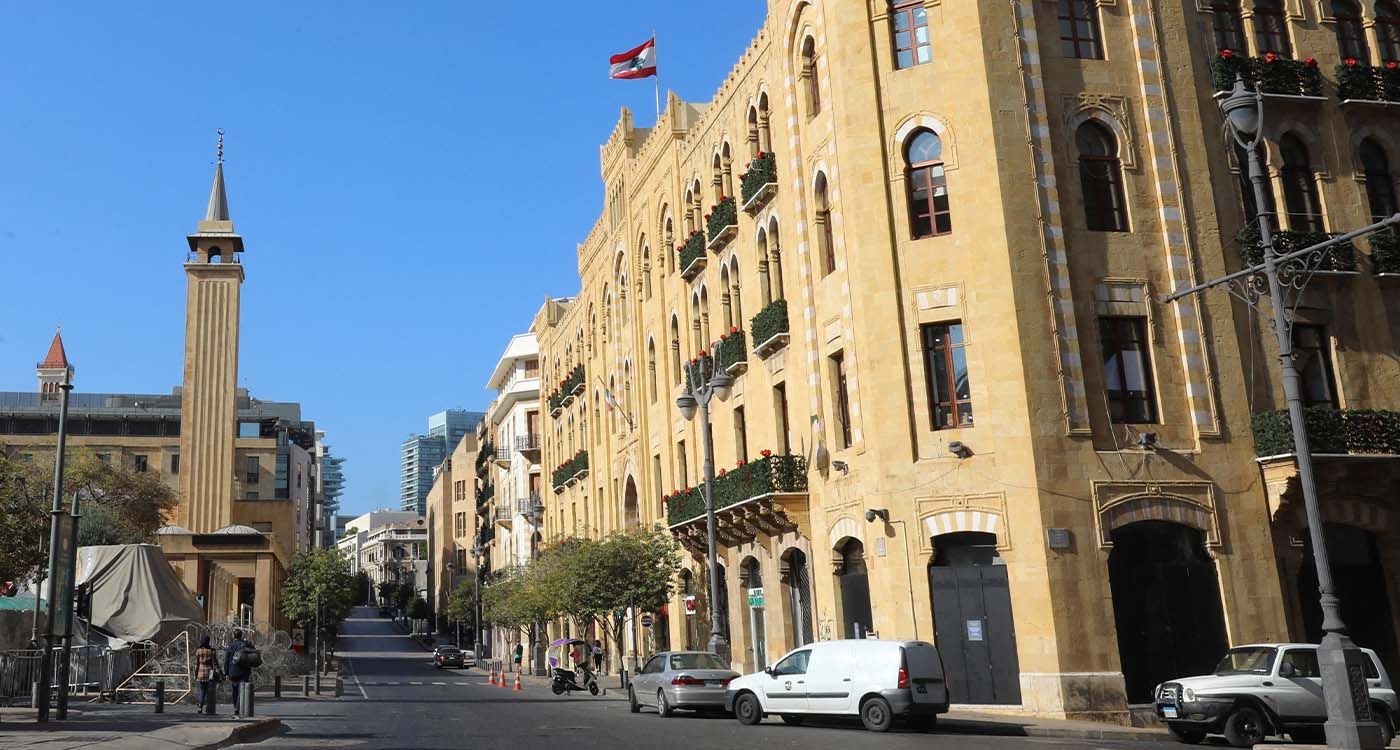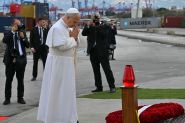
The municipal elections can no longer be postponed, especially now that no party is willing to take the blame for another delay, regardless of the challenges. The main issue is the fragile balance of equal representation in the Beirut Municipality, which remains uncertain as efforts to preserve it continue. Rafic Hariri – and later his son – made repeated attempts to uphold this balance, even if only symbolically.
Concerns over parity and a potential imbalance of representation in Beirut Municipality have been raised, with references to the case of Tripoli municipality. Some parties have previously pushed bold proposals, including the Free Patriotic Movement (FPM), which suggested dividing Beirut into three (sectarian) districts and expanding its administrative boundaries – thus integrating parts of the southern suburbs into a Shiite section and Christian areas like Ain al-Remmaneh into a Christian district of Beirut.
Although this proposal was not accepted, and other, more practical suggestions were put forward – such as dividing traditional neighborhoods into sections to form the municipal council – the aim of achieving parity goes beyond formalities, addressing deeper concerns that resurface each time.
Historically, Beirut has been home to both Sunnis and Orthodox Christians, but the city has undergone significant changes over time. For Christians, these shifts have raised concerns, particularly after the Beirut explosion, with some analysts even suggesting the potential displacement of Christians. In this context, parity helps alleviate these fears, offering crucial reassurance to preserve the city’s diverse identity.
If Lebanon's capital, renowned for its diversity, fails to maintain its pluralism and sectarian parity, it would signal the end of the Lebanese formula and the consensus that has upheld the state since its founding.
The rationale behind parity goes beyond a symbolic effort to preserve Christian and Muslim representation in the municipality. While the proposal for closed lists might reflect this idea, failing to implement a plan that ensures both consensus and parity could push the country into instability during peacetime, just as it experienced during the war.
Parity alone won’t bring prosperity to Beirut, which suffers from municipal negligence and a failure to meet essential local governance responsibilities. However, the solution does not lie in dismantling the model of coexistence. Beirut deserves to remain united, as its division in the past was not a safeguard, but rather a reflection of war and sectarian divides. Shifting away from the notion of parity today would sever the moral bond and coexistence between Lebanon’s diverse communities, affecting not only Beirut but the entire country.
Preserving parity is the responsibility of those who understand the importance of keeping Lebanon unified and protecting the rights of all its people.



Comments